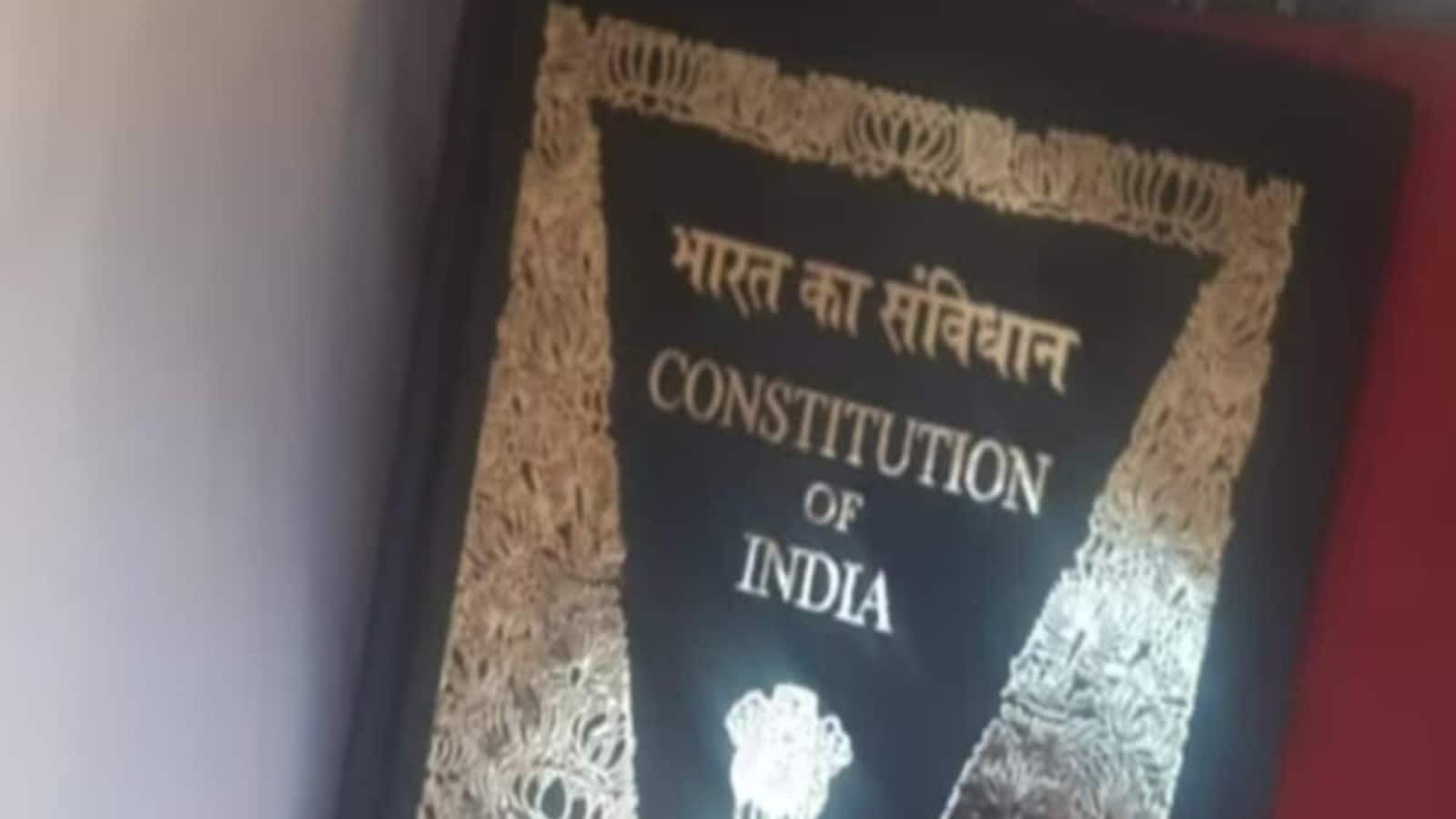MNNIT Introduces Indian Constitution Course for Engineering Students to Foster Social Justice from 2025-26
Introduction of Social Justice Curriculum at MNNIT: A Landmark Move for Engineering Education
In a groundbreaking development for engineering education, Motilal Nehru National Institute of Technology (MNNIT) has announced the inclusion of a course on the Indian Constitution in its Bachelor of Technology (BTech) curriculum. Starting from the academic session 2025-26, all branches of BTech will incorporate this vital subject, emphasizing social justice and the responsibilities and rights conferred by the Constitution.
Understanding the Curriculum Change
The decision to include an introductory course on the Indian Constitution aims to equip future engineers with a solid understanding of their civic duties and rights. The new course, titled “Introduction to Indian Constitution,” will be a mandatory subject for first-semester students, covering various essential topics that will help students connect their engineering journey with their roles as responsible citizens.
- Course Objectives:
- Understanding of fundamental rights and duties.
- Fostering a sense of equality and justice.
- Promoting social responsibility and active citizenship.
According to the institute’s academic council, this initiative reflects a broader commitment to nurturing well-rounded individuals who can contribute positively to society. The introduction of this course is part of MNNIT’s efforts to align with the National Education Policy (NEP-2020), which emphasizes multidisciplinary education and the holistic development of students.
What Students Can Expect from the Course
In this two-credit course, students will explore several critical areas related to the Indian Constitution:
- Fundamental rights and duties of citizens.
- The process of Constitution formation.
- The role of the judiciary in upholding justice.
- The principles of federal structure and democracy.
This structured approach is designed to provide students not just with knowledge, but also with the critical thinking skills necessary to analyze and contribute to discussions about social justice and equity in society.
Why This Initiative Matters
Incorporating the study of the Indian Constitution into engineering education can significantly bridge the gap between technical expertise and social consciousness. Here’s why this initiative is critical:
- Promotes Awareness: Students will gain knowledge about their rights, enabling them to actively participate in democratic processes.
- Encourages Responsibility: By instilling a sense of duty towards society, the course encourages students to become agents of change.
- Fosters Inclusivity: A curriculum focused on social justice can lead to a more inclusive environment where diversity is celebrated.
The integration of such vital social themes in engineering courses will prepare students not merely as technicians but as socially responsible leaders who are equipped to tackle societal challenges. Students will better understand their potential roles in promoting social equality and justice through their engineering careers.
What Goes Next?
MNNIT has designed its BTech courses to be versatile under the NEP-2020 framework, which introduces various categories, including:
- General BTech in specific branches.
- BTech with a minor in another discipline.
- BTech Honours involving advanced subjects in the major field.
- BTech Honours with a minor focusing on advanced topics from another branch.
As the new academic session approaches, students are encouraged to visit the official MNNIT website for further details and course registration. This educational evolution at MNNIT stands as a significant step towards shaping a new generation of engineers who are aware of their societal responsibilities and are prepared to advocate for a more just and equitable world.
Conclusion
The inclusion of the Indian Constitution in the BTech curriculum at MNNIT represents a significant shift in educational philosophy, one that prioritizes social equity and civic responsibility alongside technical education. As the institute embarks on this new journey, it sets a precedent for engineering schools across the country to follow suit, ensuring that future engineers are not just skilled in their fields but also equipped with the tools to advocate for justice and equality in society.
With these changes, MNNIT is taking a proactive role in redefining the role of technical education in India, promoting a vision where education goes hand in hand with social consciousness. This initiative is undoubtedly a positive sign that engineering institutions can contribute meaningfully to the broader social landscape.




